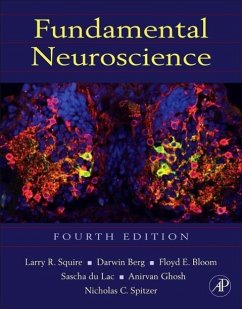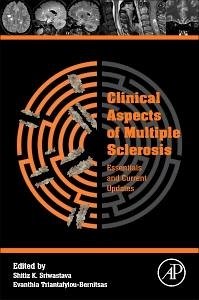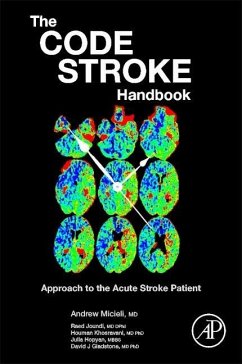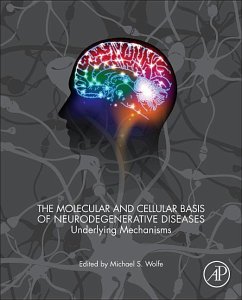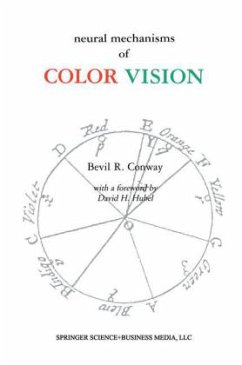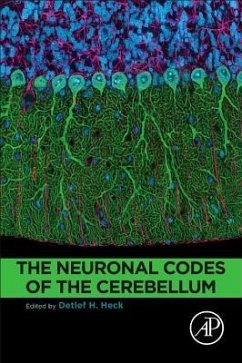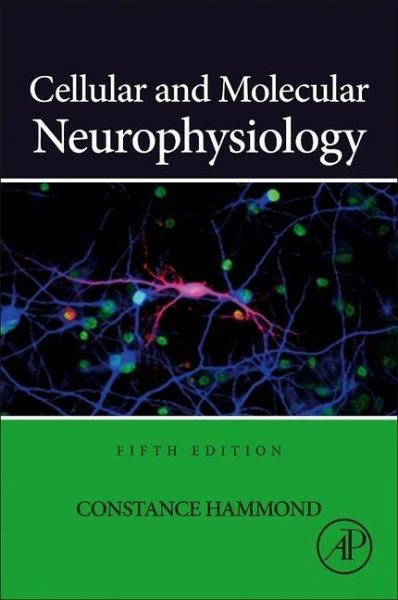
Cellular and Molecular Neurophysiology

PAYBACK Punkte
78 °P sammeln!
Unveiling the latest research in neurophysiology, Cellular and Molecular Neurophysiology, Fifth Edition continues to stand as the only resource in the field. This book remains the standard for those who seek to explore the intricate molecular and cellular physiology of neurons and synapses. Notably, this new edition delves even deeper into the molecular properties and functions of excitable cells, offering unparalleled insights. In this edition, there are two groundbreaking chapters. The first reviews metabotropic receptors for olfactory transduction, while the second presents cutting-edge tec...
Unveiling the latest research in neurophysiology, Cellular and Molecular Neurophysiology, Fifth Edition continues to stand as the only resource in the field. This book remains the standard for those who seek to explore the intricate molecular and cellular physiology of neurons and synapses. Notably, this new edition delves even deeper into the molecular properties and functions of excitable cells, offering unparalleled insights. In this edition, there are two groundbreaking chapters. The first reviews metabotropic receptors for olfactory transduction, while the second presents cutting-edge techniques for neuroscience research. Hypothesis-driven rather than a dry presentation of facts, the content firmly based on numerous experiments performed by top experts in the field, teaches students how to build and conduct intelligent research experiments. This book promotes a true understanding of nerve cell function and will be a useful resource for practicing neurophysiologists, neurobiologists, neurologists, and students in a graduate-level course on the topic alike.



